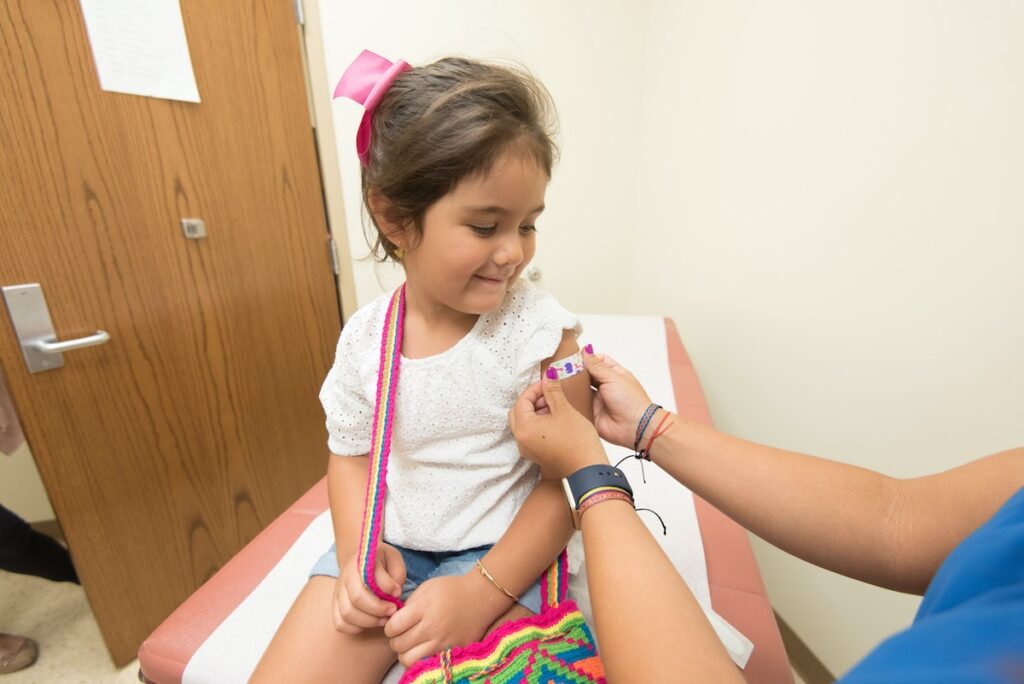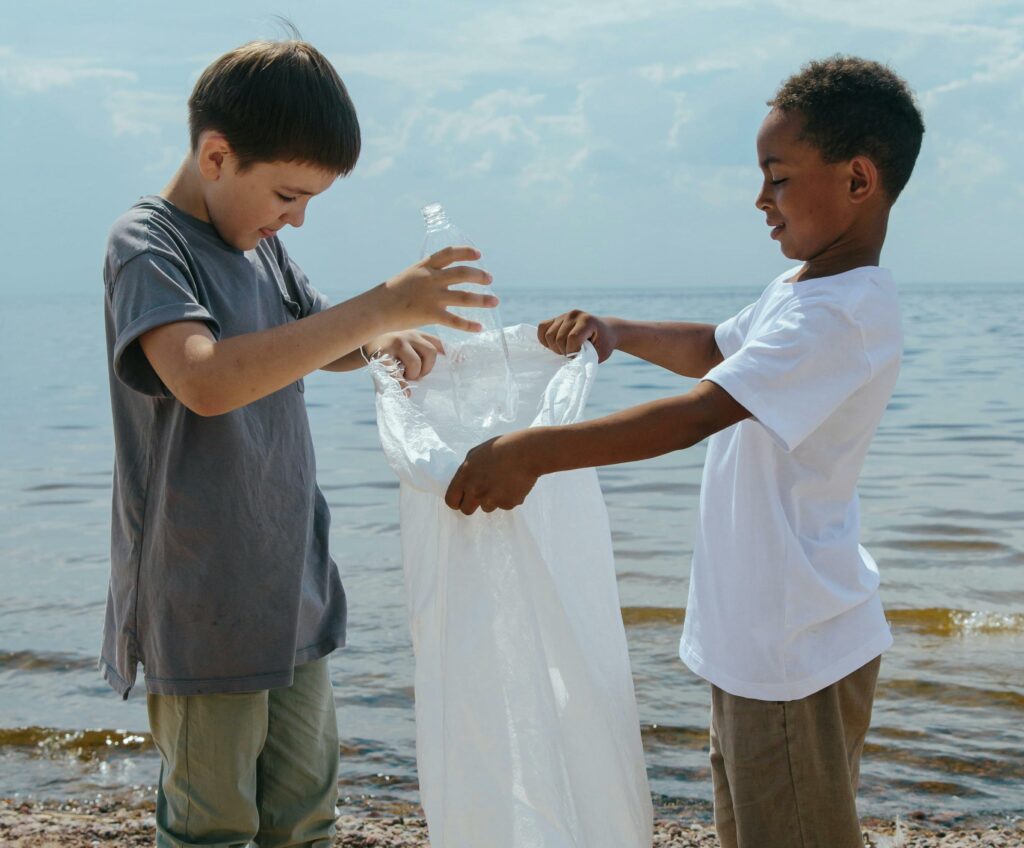Potty training your child can be a fun but challenging process, but it is a process, and it takes time and patience.
When to Start Potty Training
The best time to begin potty training will be different for each child. Most children are not ready until they are between 18-24 months old, when they have developed the cognitive, emotional, and physiological skills needed to be successful. A child needs to be able to recognize when they need to use the potty, remove their clothes, wait until they are on the potty, and sit long enough to finish.
While children may have been potty trained earlier in the past, or certain cultures may begin potty training with infants, child-development experts believe potty training works best when you’ve waited until the child can control much of the process themselves.
Many families also choose to begin potty training when they have more time to dedicate to the process or when they don’t foresee any major changes at home.
What to Expect
Children typically master potty training in phases, working on each skill until they are fully successful. Children tend to master these skills in different orders and at different paces.
- Peeing on the Potty and Daytime Dryness: This skill is usually the easily skill to start your child with. Kids typically master staying dry during the day before the other skills. At first, you will need to take your child to the potty regularly to prevent accidents. Eventually, they’ll learn to listen to their bodies, and tell you when they need to urinate.
- Bowel Movements on the Potty: Bowel movements can sometimes take children more time to master. They need to have both bowel control and the desire to have a bowel movement on the potty. It can be common for children to hide when having a bowel movement in their diaper, play with their stool, or resist using the potty. Be patient and talk to your child about why they don’t like using the potty and work to come up with a solution together. It is fine to allow your child to ask for a diaper to poop in if they are afraid or resistant to pooping on the toilet, but are otherwise potty-trained.
- Staying dry overnight: Nighttime bladder control tends to occur at a later age and may be the last skill your child masters. For some kids, it may be months or years after they no longer wet their diaper in the daytime before they stop wetting themselves at night.
For children under the age of six, their bladders may not be fully matured, and their bodies may not wake them when they need to urinate. Nighttime wetting is pretty common up to age five and often still occurs very normally up to age seven.
Put Together a Potty Training Plan
There are lots of methods for potty training, but in general, you’ll want to follow these rules:
– Have a Consistent Routine and Expectations: Consistency is important for your child, so all caregivers need to be on the same page. Keep their bathroom routine consistent and predictable, so your child can learn where their potty is located, and how to wipe, flush, and wash their hands. Teach your child what your expectations are and remind them often.
– Be Patient and Supportive: During this time, be patient as your child learns to potty train. They’ll need lots of positive support and praise each time they are successful. It’s equally important not to punish your child when accidents happen. Instead, tell them they will do better next time and include them in the clean up.
– Be Flexible and Stay Involved: Your child’s potty training needs may evolve over time. Don’t be surprised if your potty training approach suddenly stops working. There may be times when your child seems to be making great progress, and then may regress to having accidents. You may have to change your approach and your expectations as your child develops. Never push your child to do something they have become resistant to. Back away for a bit and let them show you they are ready to resume trying.
When to Get Help
If your child is really struggling and not making progress, it may be best to hit pause and wait until your child is more mature. If you feel you need help, speak to your provider at Pediatrics West for guidance and tips. Also, if your child is still wetting the bed after eight years old, they may need medical intervention, so please contact us for help at (720) 284-3700.


